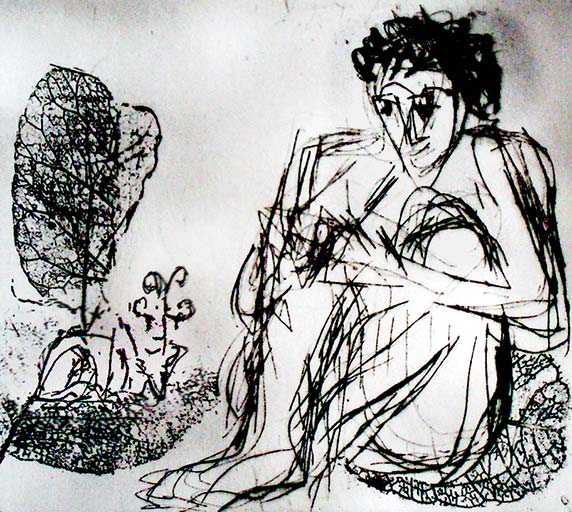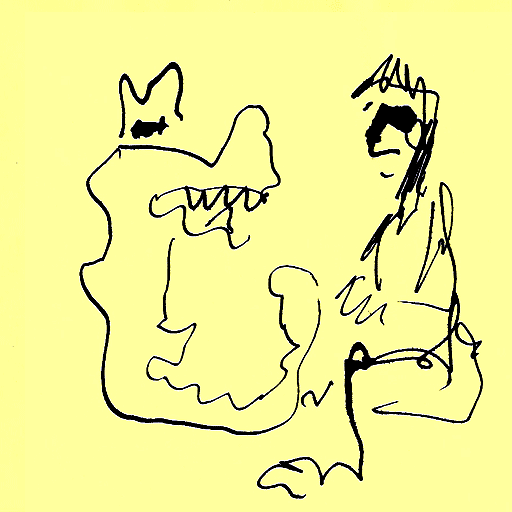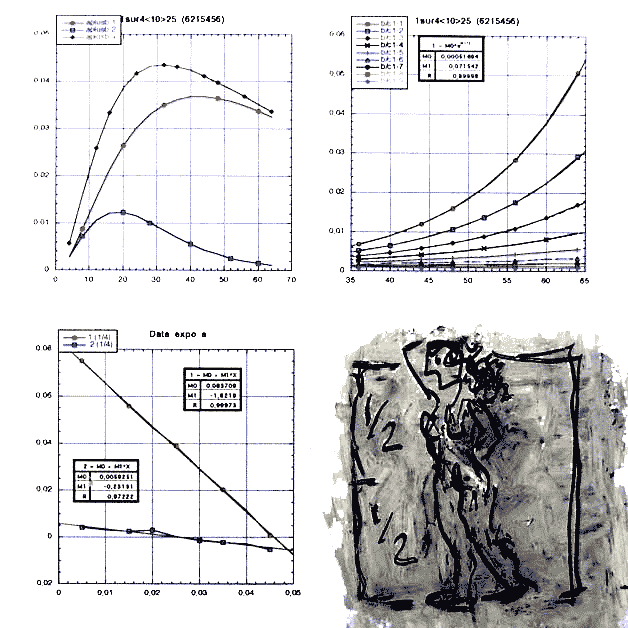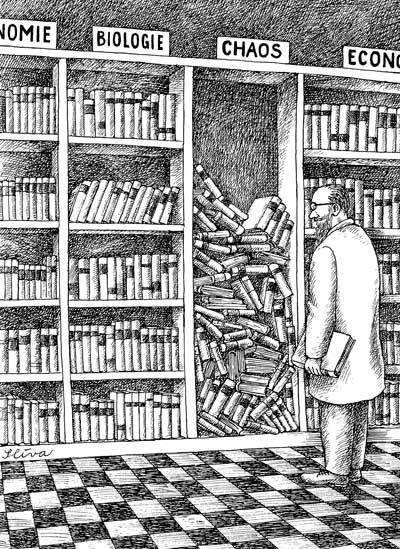
Kandinsky had previously encouraged his students at the Bauhaus to fuse science, technology and nature in their approaches to art and design.
Invisible riddle, there is a reality that is independent of what we measure or observe.
Perhaps the only clear conclusion that can be drawn from this page is that secret silly drawings have made an already confusing picture of the origins of art even fuzzier.
Looking for perfection the one true cause of all disease. Perfectionism can be good so long as you wrangle it.

Art needs a dash of anarchy, be disruptive. Everything changes. All the time.
Keep organized and beware of the anarchy of chaos and art clutter, chaos is not just periods of all orders. As the resolution increases the size of the picture increases, but the amount of information may not. There is a difference between the ludicrous beauty of mathematical structures and that of great art.
The desire to combat uncertainty and maintain control has long been considered a primary and fundamental motivating force in human life. Any element of a picture requires the image to decide on its meaning, because no artist likes to go into chaos and create order.
Science, 3 October 2008: Vol. 322. no. 5898, pp. 115 - 117
Our risk aversion may prove the greatest block to our becoming an innovative art maker. Life is too precious and too fleeting to waste my time on bad art.

It is therefore impossible to give a verbal description of it, which is, at the same time, an accurate definition.
The key is getting the public to realize that science is a work in progress, an honorably self-correcting endeavor carried out in good faith (H. Holden Thorp).
It ought to be remembered that there is nothing more uncertain in its success, than to take the lead in the introduction of a new order of things.
Assiduity makes all things easy.

Chaotic artworks work on no principle whatsoever, the given theorem is plain bizarre.
Richard T. Cox, The algebra of probable inference
Artists engaging with scientific methods are confident the model to be plausible. P((B|A)|(A|B)) represents the probability that you'll mix up the order of the terms when using Bayesian notation. Proof by analogy is fraud.
By exploring the painterly gesture subject to chance and intuition, in relation to digital modes of image making, the artist observes how machines imitate people and people imitate machines. (ref)
Always ask what an artist wants out of the visit. Never promise anything.
Chaos is the mother of Eros and Nyx. An humorous picture with prestigious provenance (Arthur Schopenhauer expected it would be comprehensible). Instead of being three dimensional, space probably has more dimensions that are curled into little images too small to be detected except for eccentric artists.




